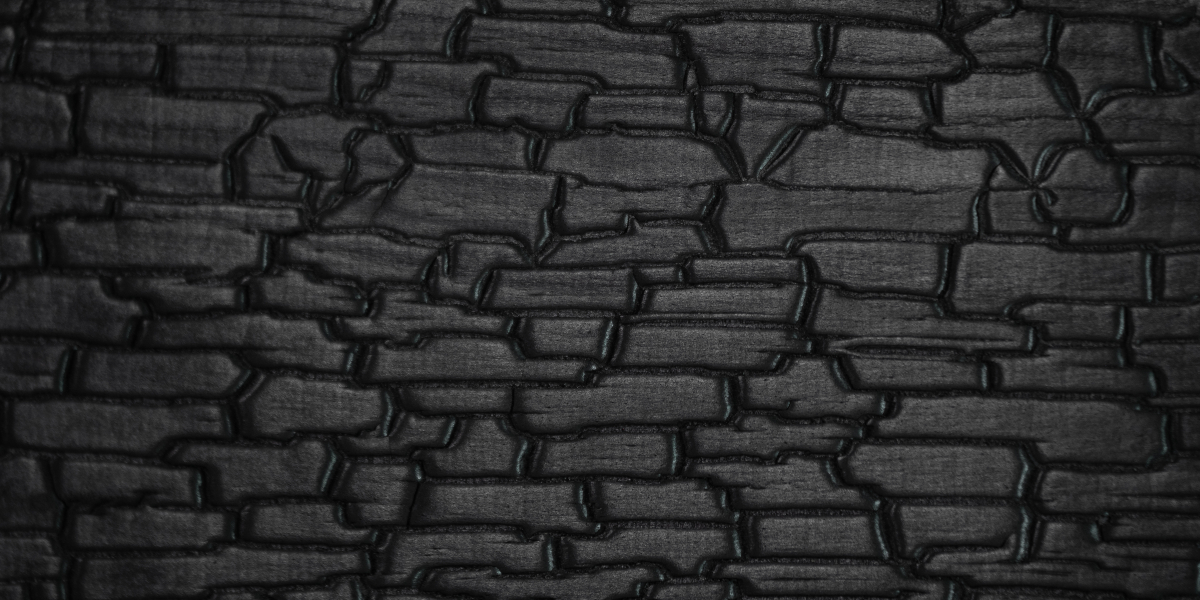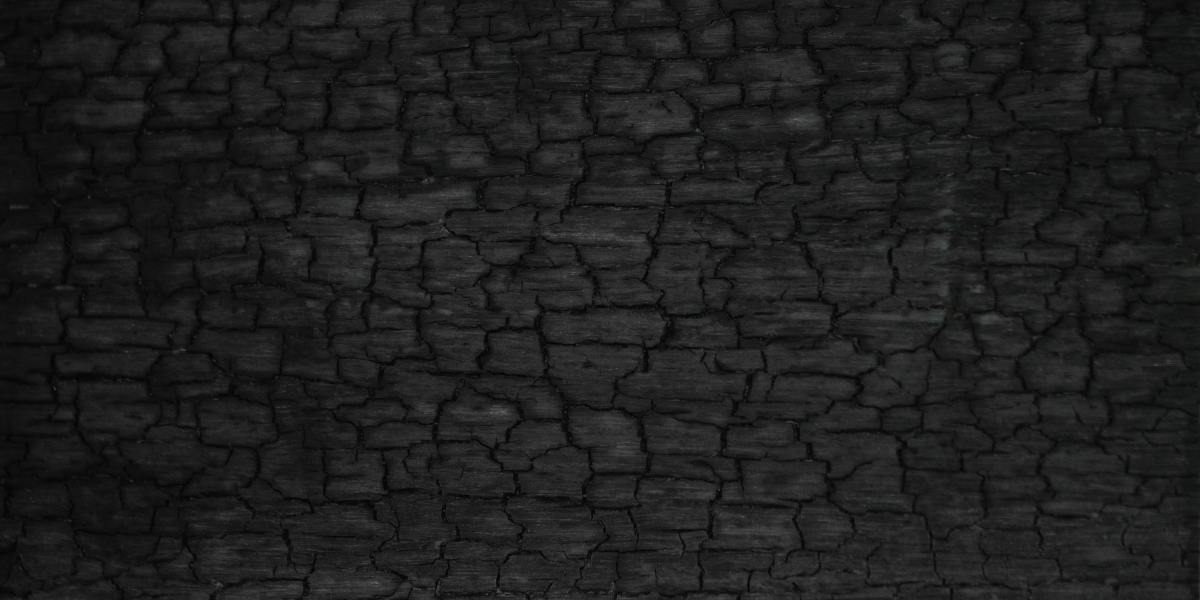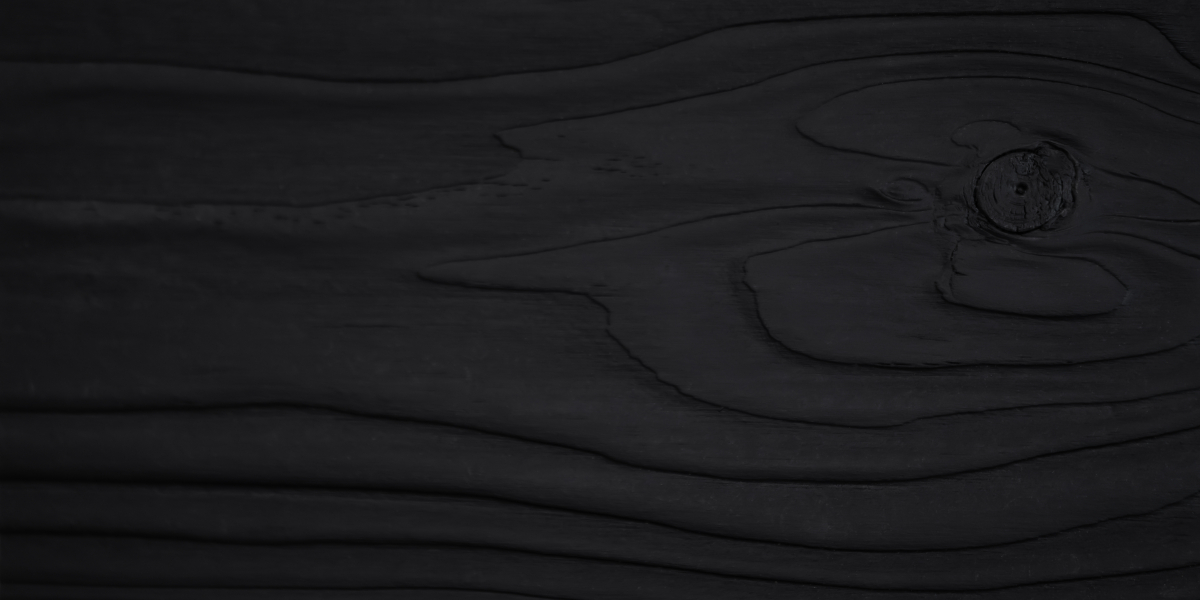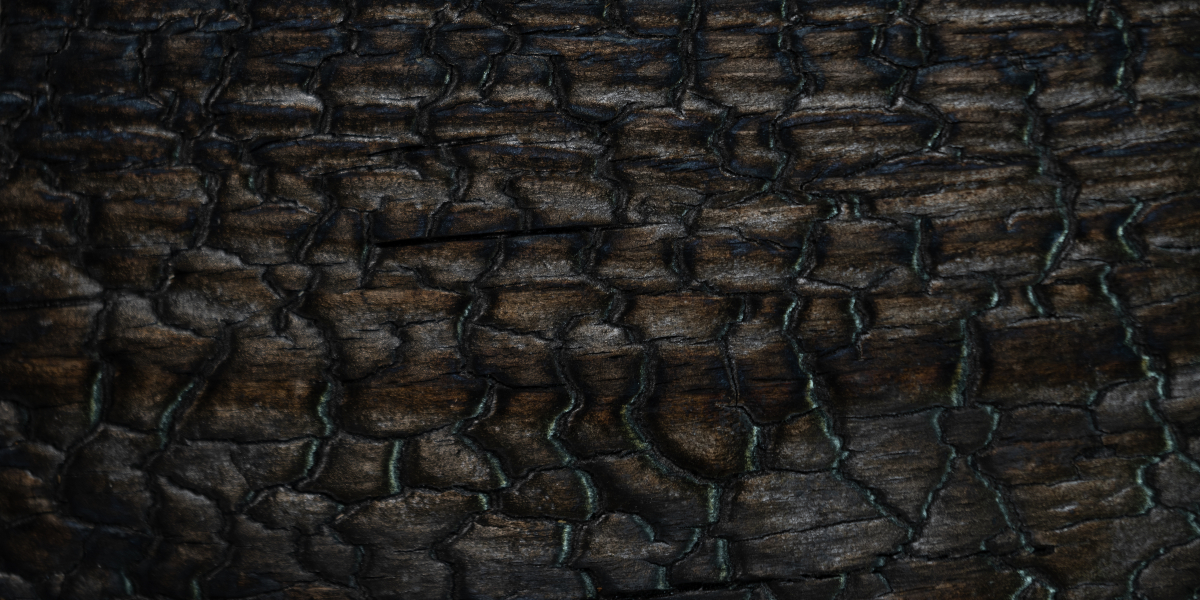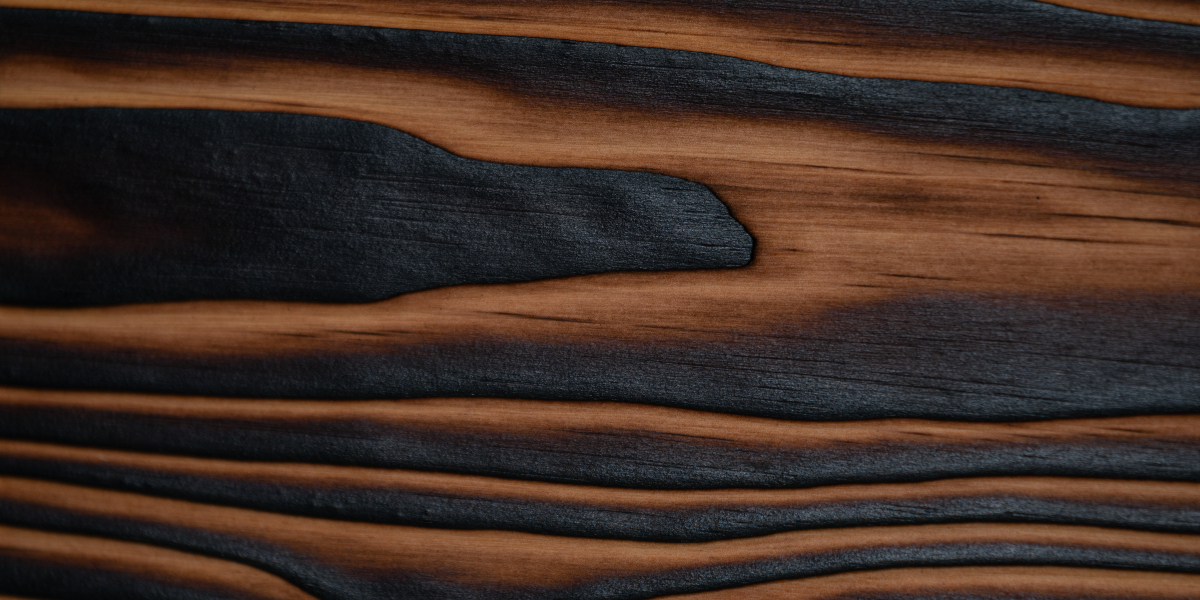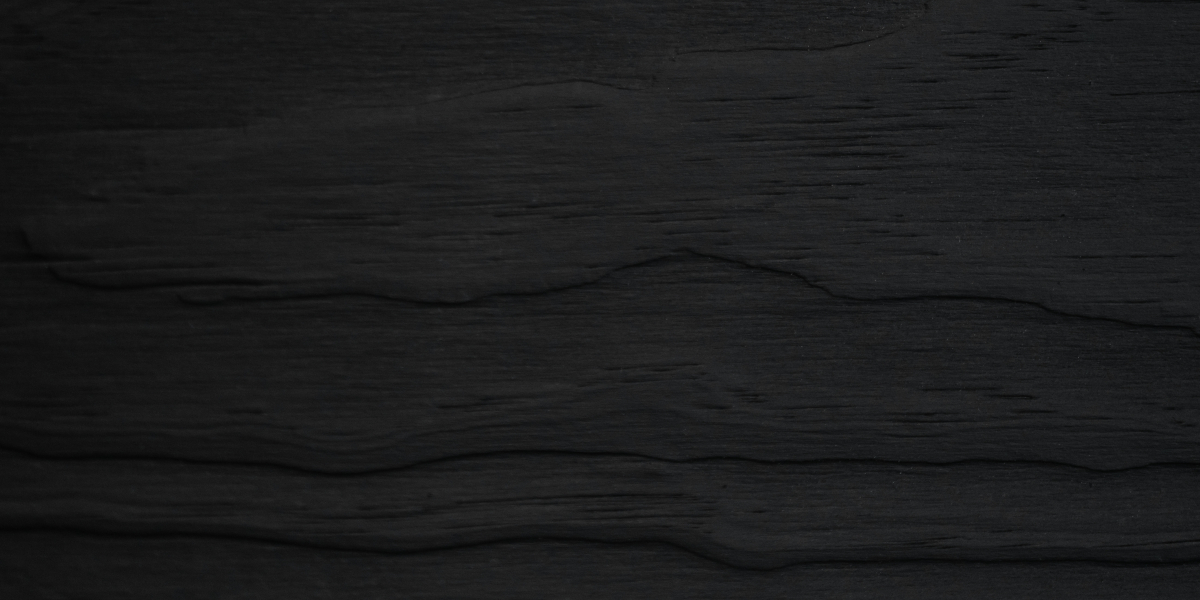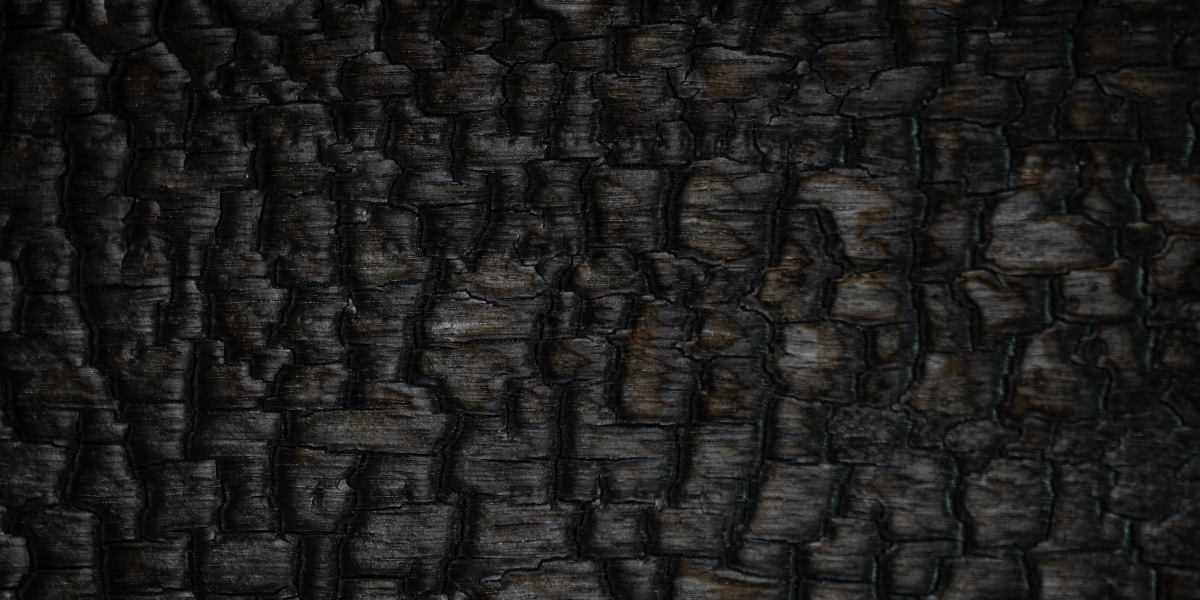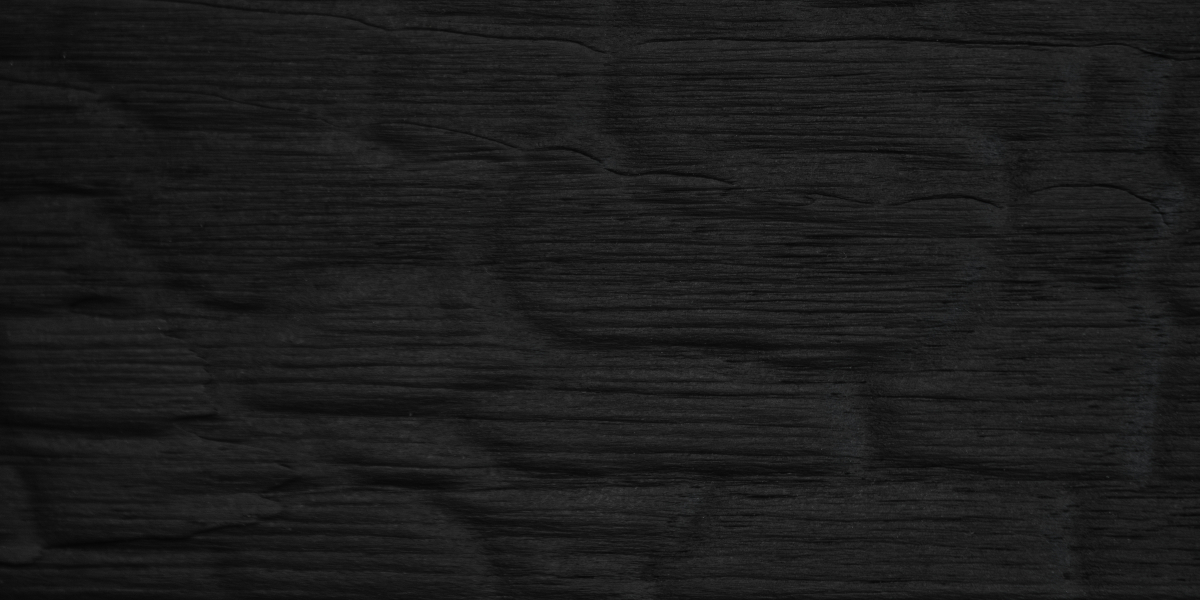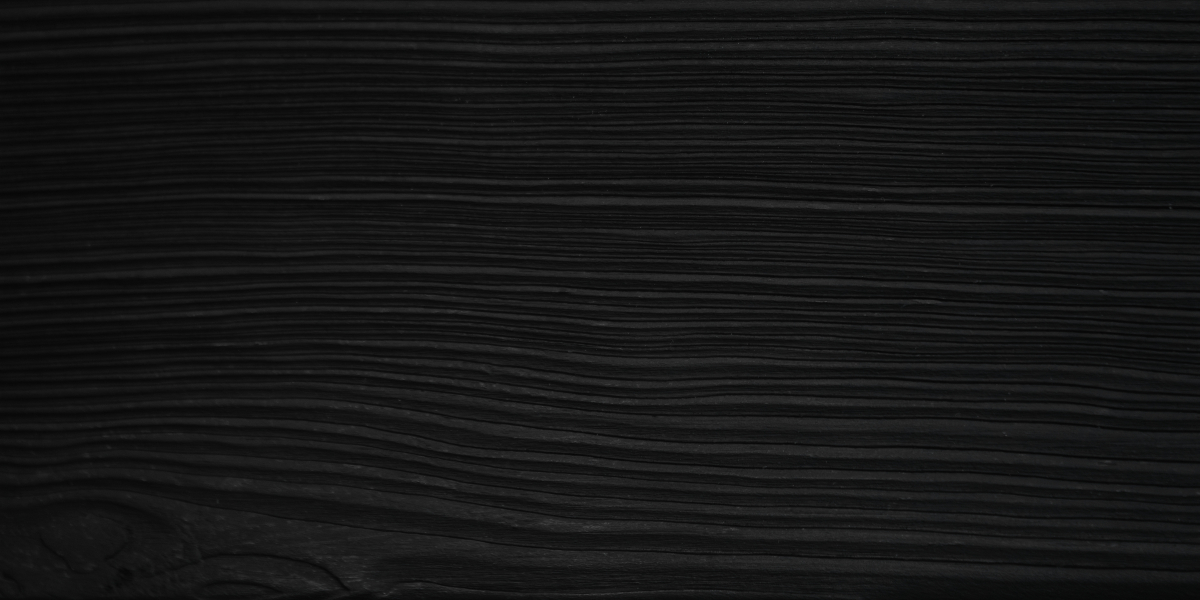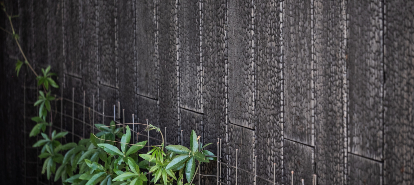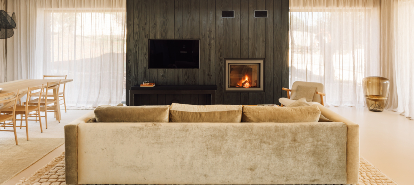A wooden extension has several advantages, especially for architects looking for creative and sustainable solutions. Here are 5 key advantages of a wooden extension:
1. A timber extension is sustainable and environmentally friendly
Wood is a renewable material and contributes to eco-friendly architecture. Choosing sustainably sourced wood, such as FSC- or PEFC-certified timber, can significantly reduce the carbon footprint of a wooden extension. Wood absorbs CO2 during the growth phase of the tree and this remains stored in the material, which helps to reduce CO2 emissions.
2. Fast construction time with wood
A prefabricated timber extension can be prepared at the factory, significantly reducing the construction time on site. This means less inconvenience for residents or users, and faster project delivery. This is especially attractive for projects with tight deadlines or in busy urban areas.
3. Complex shapes and structures of wood
The flexibility of wood allows architects to find creative and efficient ways to add space to an existing home or building. Wood is suitable for complex shapes and structures, allowing architects to create innovative designs to suit their clients’ specific needs and requirements.
4. Innovative possibilities
Wood offers many opportunities for architects interested in sustainable building innovations. Wood can be combined with other modern construction techniques, such as CLT (Cross-Laminated Timber) or wood-concrete hybrid systems, to create complex structures that are both aesthetically and structurally impressive.
5. Aesthetic flexibility for a timber extension
When architects choose a timber extension, it gives a lot of freedom in terms of aesthetics. It can be integrated into both modern and traditional designs. There are various types of wood in different colours, sizes and textures. A great example is the burnt wood from Zwarthout | Shou Sugi Ban.
The natural look and warm textures of the burnt wood create a pleasant and inviting atmosphere.
